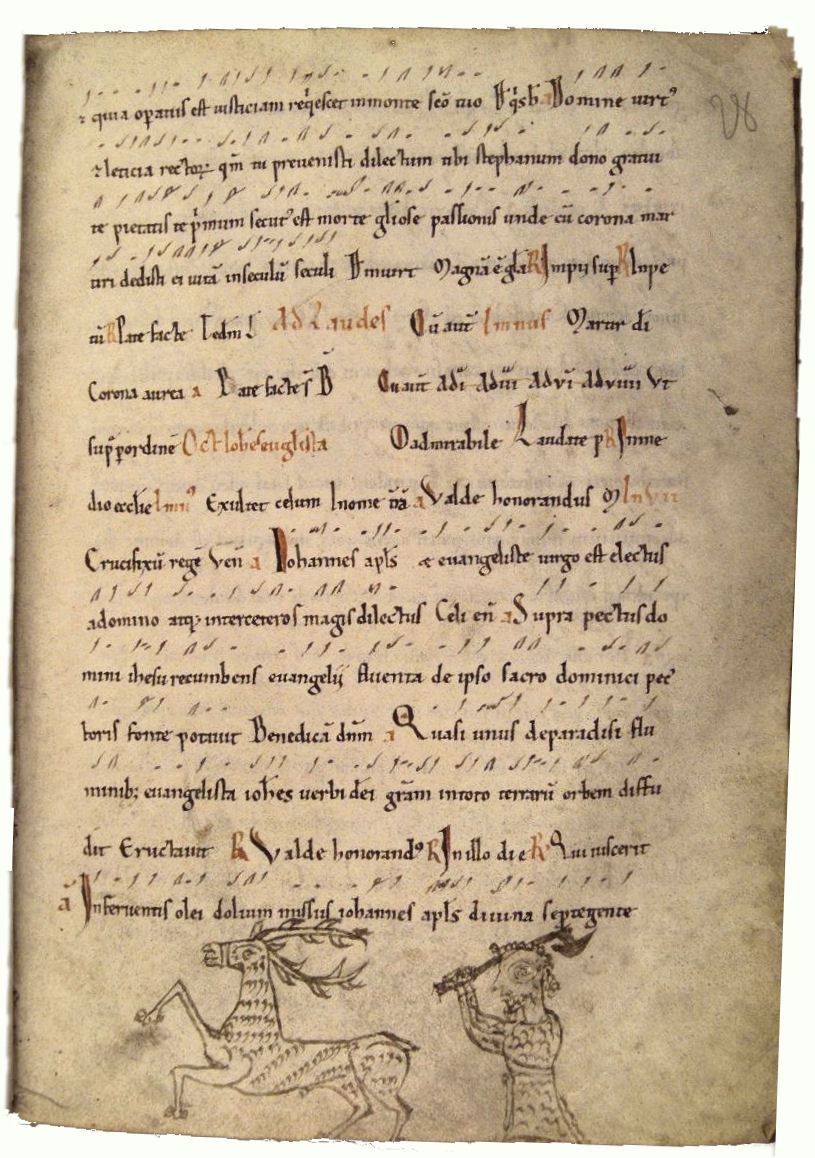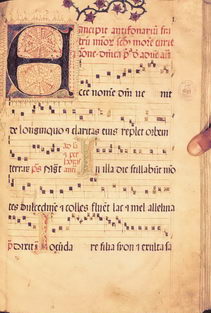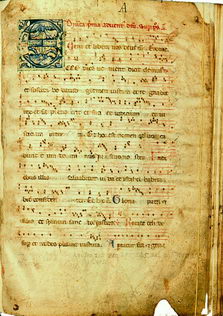Divine Office
Alongside the Mass, the Divine Office is the main liturgical framework for singing Gregorian chant repertory and one of the poles of plainchant research.
- The texts and musical elements form a unit that is functionally decided, carefully chosen, and incorporated into a system.
- The careful choice and incorporation into a system may differ between periods, and also between places and regions, so that the stock of elements in the Divine Office may express self-identification in terms of periods, places, institutions and regions.
Research has the following outcomes:
- European usages and rites become distinguishable and susceptible to description.
- Diverse historico-genealogical and regional-institutional relation systems behind them emerge.
- It becomes possible to reconstruct the practice of liturgical chant.
- The classical and late medieval layers of plainchant style become distinguishable.










